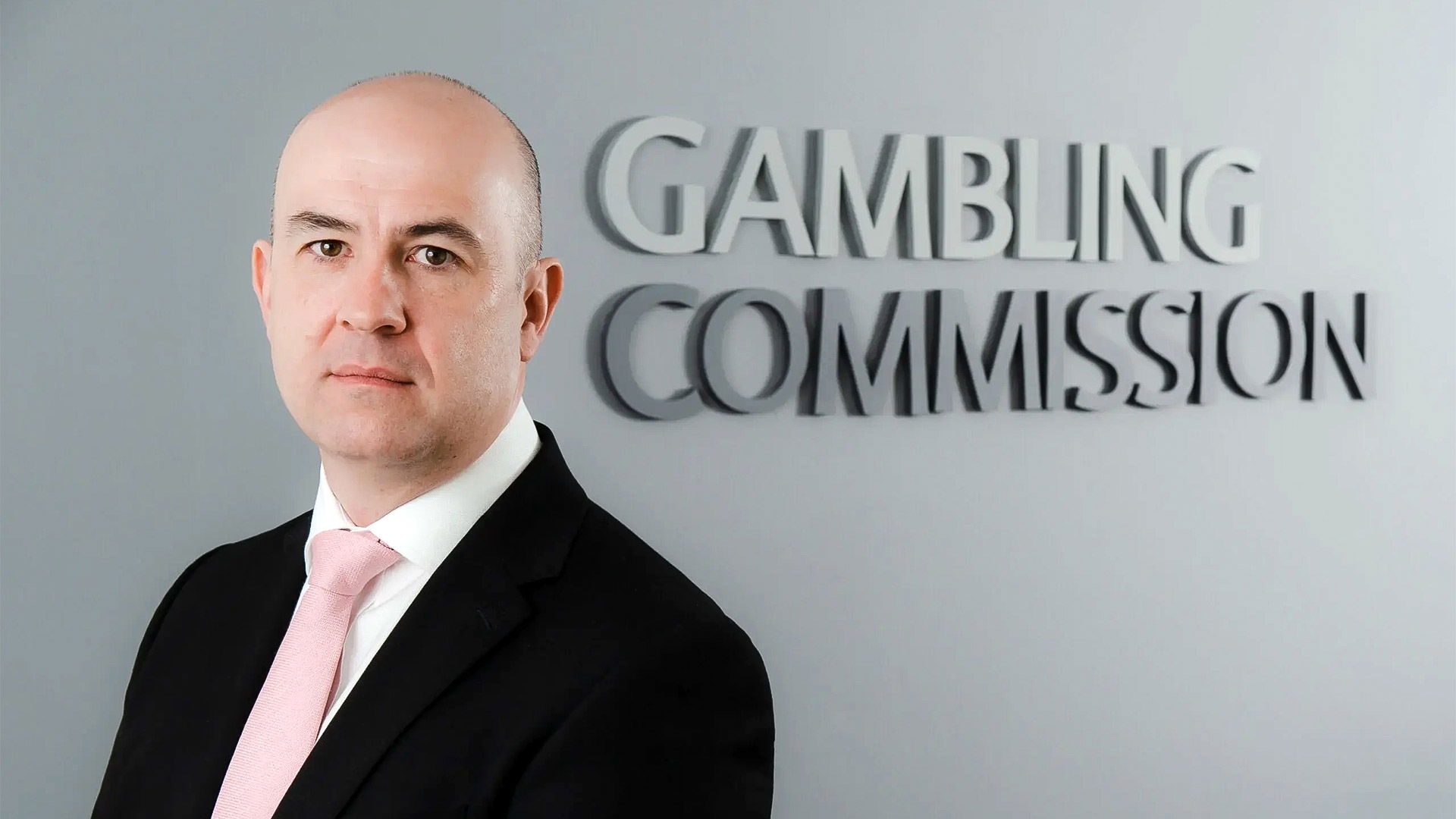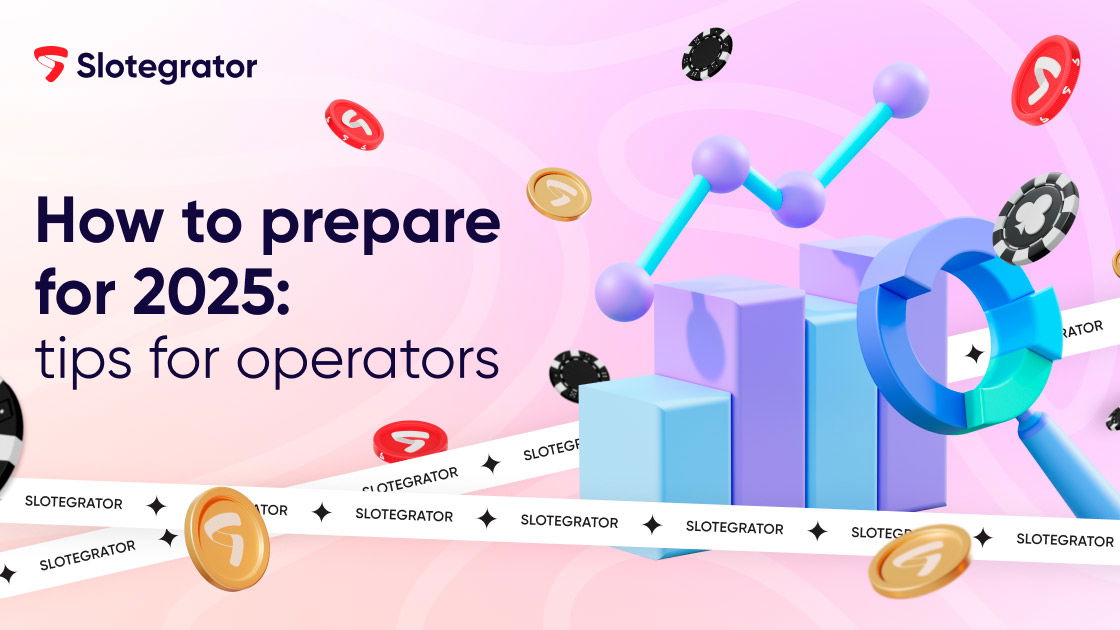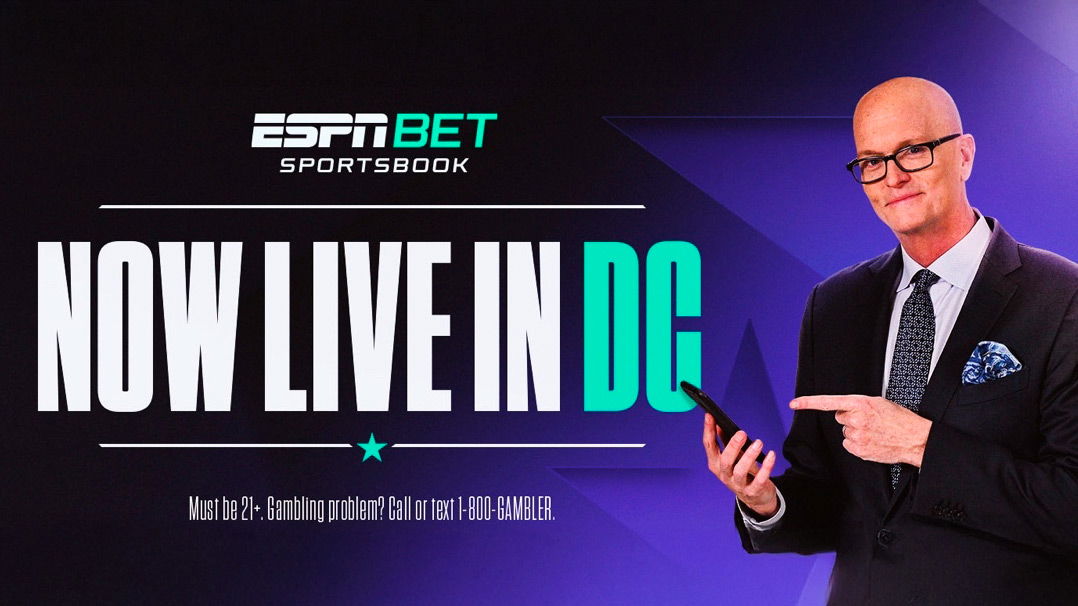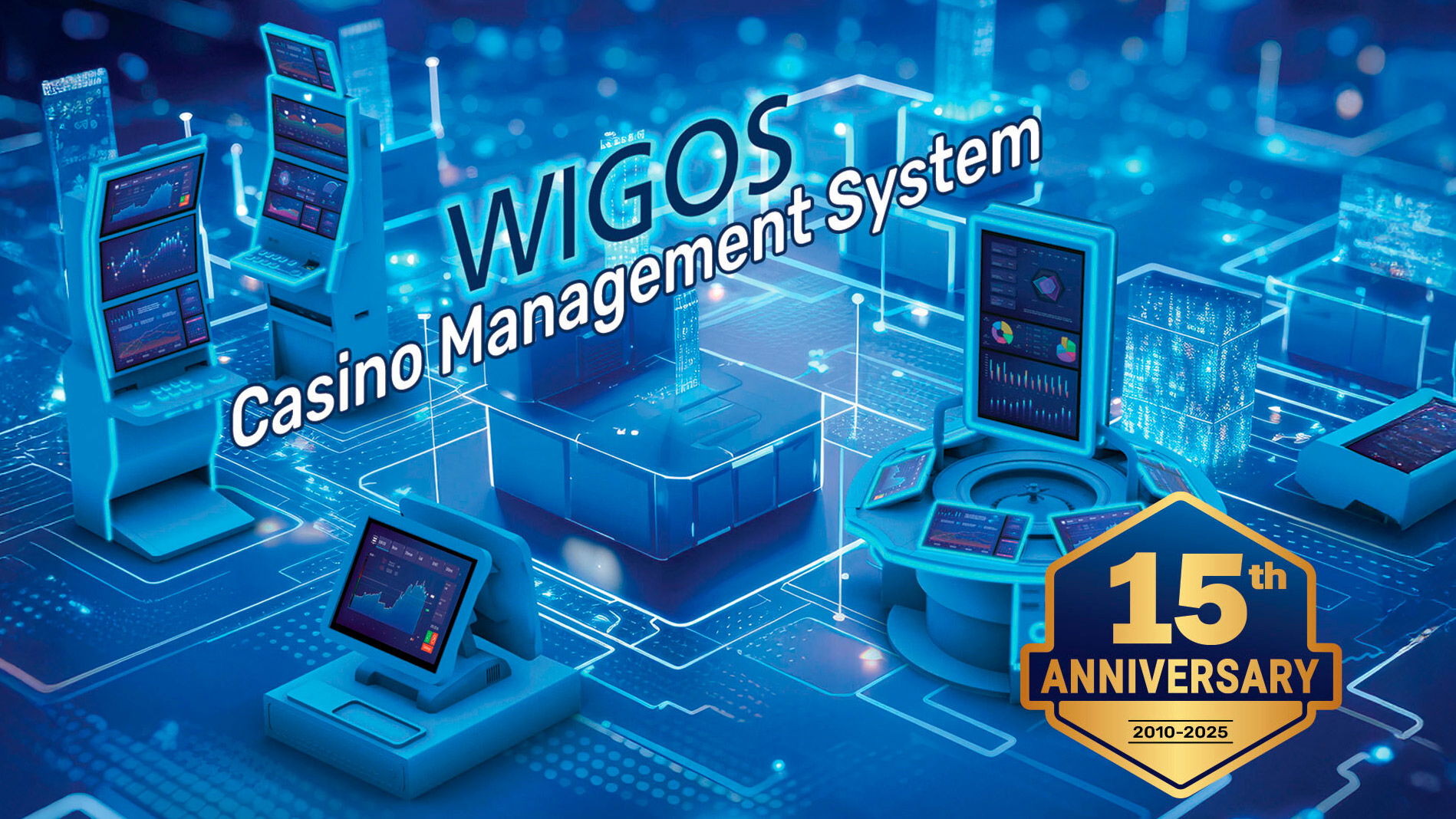AGA introduces new ESG initiative; YGAM founder launches safer-gambling non-profit ESG Gaming
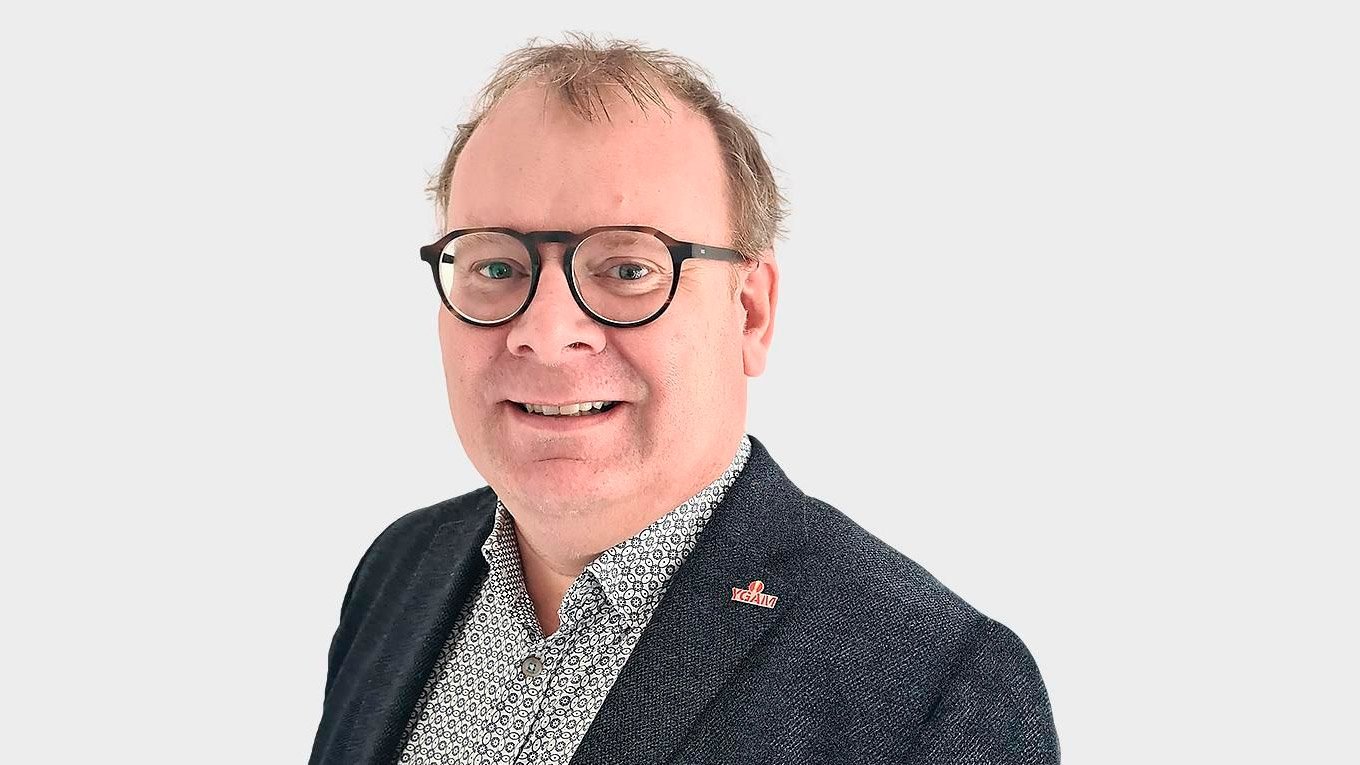
Lee Willows, founder and former Chief Executive Officer of charity Young Gamers and Gamblers Education Trust (YGAM), has announced the launch of ESG Gaming & Esports Community, a new non-profit venture with a focus on esports, iGaming careers and safer-gambling research. This coincided with American Gaming Association CEO Bill Miller's announcement of a new environment, social and governance (ESG) initiative to define and further develop ESG for gaming.
Willows explained the new venture will be working alongside Gibraltar-based consultancy Better Change and its co-founder Victoria Reed, as well as David Richardson, strategic partnerships manager for the consultancy.
“I have chosen to remain in the gambling/gaming space and am establishing ESG Gaming & Esports Community where we will have a focus on esports; iGaming careers and safer-gambling research,” Willows wrote on LinkedIn. “I hope to continue my learning alongside my studies and continue to use my lived experience in a humble and gracious way.”
ESG Gaming and Better Change describe themselves as two non-profit organizations working together with academic partners to further the UK National Strategy to Reduce Gambling Harms through an evidence-led approach.
The venture aims to deliver purposeful safer-gambling research; building the metaverse for esports players, fans, tournaments and brands; and training and inspiring 21-30 year olds who are furthest away from the labor market “to consider entering and kick-starting a career” in the gambling sector.
“Our sector has continuing challenges around safer-gambling; recruitment and talent retention and we need to consider how we might integrate web 3.0 in a way which galvanizes a customer base who are part of a larger community of safe players,” a release explains.
ESG Gaming defines its vision by proposing the iGaming sector as a leader in the post-pandemic recovery and epitomizing social responsibility, sustainability and harm minimization globally.
Meanwhile, Better Change aims to be a driving force for change in the gambling industry, believing players and operators alike “must be able to reach their full potential, free from the grips of gambling harm.”
For its safer-gambling research purposes, the new venture will work with academic partners from Gibraltar University, Centre of Excellence in Responsible Gaming (CERG), Bournemouth University and Responsible Gambling Council (RGC) “to undertake independent research,” build knowledge and share findings.
“We will focus on research around safer gambling only, examples of which include customer use of safer gambling tools and their effectiveness; safer gambling messaging and its effectiveness; and customer interactions and their effectiveness,” a document explains. “Once the research is completed, we will work alongside your teams to implement any recommendations, which will bring the research to life and ensure it is purposeful and adds value.”
The metaverse for esports plan sees the non-profit “working with world-class brands and academic partners” to create an immersive, virtual world, aimed at esports players and fans aged 18-24 years. This world will focus on safer esports betting and will be written and developed “by the community, for the community.”
“Our aim is to be the principle safer betting support site (both web 2.0 and web 3.0) at esports tournaments and on esport platforms,” the venture claims. “We will also have information for parents or guardians of younger players and fans. We will work collaboratively to build and share knowledge and develop an evidence-base of what works for this community.”
Lastly, the inspiring iGaming careers goal aims to facilitate career opportunities in the sector “for those living in vulnerable communities.” This will be achieved by working with housing associations and the Department for Work and Pensions to provide in-depth initial training, qualifications, work tasters and guaranteed job interviews.
More specifically, the non-profit will focus particularly on 21-30 year olds from under-represented groups, minority communities, and women, who wish to enter the sector via a full-time apprenticeship.
Initial training will last “up to twelve weeks” and provide a purposeful introduction to the iGaming sector and careers available; job readiness training; a safer gambling qualification; personal resilience training; and a work taster/placement. Additionally, the venture will work to achieve Ofqual recognition to become an External Quality Assurance (EQA) provider of apprenticeship End-Point Assessments (EPAs).
Willows founded YGAM alongside Anne and Keith Evans in 2014, following “their devastating experiences with gambling disorders.” He stepped down as the non-profit’s chief executive in October, where he was succeeded by Dr. Jane Rigbye, a chartered psychologist who has held senior roles at the GambleAware charity.
Across the industry, stakeholders are increasing the demand for greater transparency, accountability and engagement, as well as safer-gambling initiatives. In response, many companies are establishing Environmental, Social, and Governance (ESG) strategies and launching new initiatives to implement them.
Bill Miller, AGA President & CEO.
"The conversation is no longer about job creation and economic contributions but our impacts beyond the bottom line," said in an open letter American Gaming Association President & CEO Bill Miller. "I see this on Capitol Hill where I am increasingly asked what the gaming industry is doing to advance matters of diversity and sustainability."
This led AGA to launch an initiative last year to define ESG for gaming, understand its members' commitments and "chart a path to push the industry forward." The association has now shared the result of the work in a new document.
"The findings demonstrate our deep commitment to advancing sustainability, strengthening diversity, equity and inclusion, investing in communities, and responsible leadership," said Miller. "Our members' efforts are improving the planet, gaming communities and our employee and customer experience."




